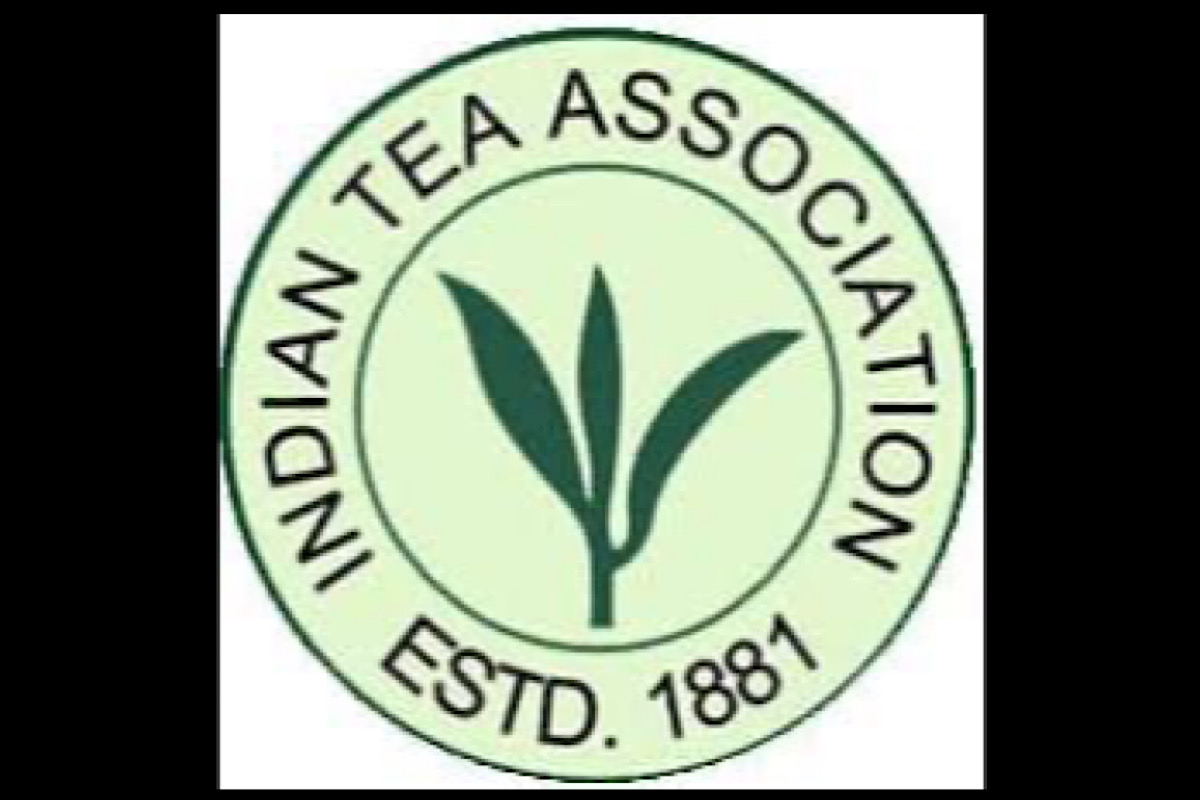To address the issues of unsafe migration and the abuse of young persons in tea estates, the Indian Tea Association (ITA) and United Nations International Children’s Emergency Fund (UNICEF) have launched a programme aimed at safeguarding 50,000 children across 30 tea estates.
This initiative brings these children under a protective umbrella, ensuring their safety and well-being, said an ITA official, adding, “These tea estates, spread across the districts and home to nearly 3 lakh people, have long faced these challenges. Now, with this programme, we are taking a significant step towards securing the rights and protection of the children living there.”
Advertisement
Notably, in September 2021, ITA and UNICEF Kolkata partnered to combat trafficking in north Bengal’s tea estates. These estates, situated along the porous borders with Bhutan, Nepal, and Bangladesh, make districts like Darjeeling, Jalpaiguri, Kalimpong, Alipurduar, and Cooch Behar particularly vulnerable.
The programme aimed to equip managers, welfare officers and youth in tea estates with the skills to address trafficking issues. It focused on empowering community youth through legal literacy clinics, teaching them how to engage with the judiciary and report abuse, including prevention of sexual harassment (POSH) related incidents, to the police.
The Dooars and Terai branches of the ITA led the programme, working closely with local blocks to ensure its success.
According to a press statement of the ITA, all 30 tea estates have conducted capacity-building sessions, where over 5,000 young people were educated on issues such as trafficking, mental health, child marriage, prevention of sexual harassment (POSH), and risks associated with social media.
From 2022 to 2024, legal literacy clinics were held in 28 tea estates, addressing key issues like human trafficking, child abuse prevention, gender equality, and domestic violence. These sessions involved over 3,500 participants, including Mothers Club members, youth, self-help groups and the management.
During 2022-23, boys and girls in the programme were introduced to government schemes like Kanyashree, Sishushree, and Juboshree, as well as the benefits of Duare Sarkar, reaching over 3,500 participants. A pilot initiative in 10 tea estates facilitated interactions between residents and district police, engaging more than 2,500 children, parents, and Mothers Club members.
Additionally, over 8,500 home visits were conducted, educating more than 40,000 people across 28 estates about the dangers of unsafe migration and exploitation.
The ITA commissioned North Bengal University’s department of women’s studies to assess trafficking prevention and child protection efforts in their tea estates.
The university evaluated the progress of the ITA-led programme and recommended that collaboration between government agencies, NGOs, and other institutions could greatly enhance community outcomes.











